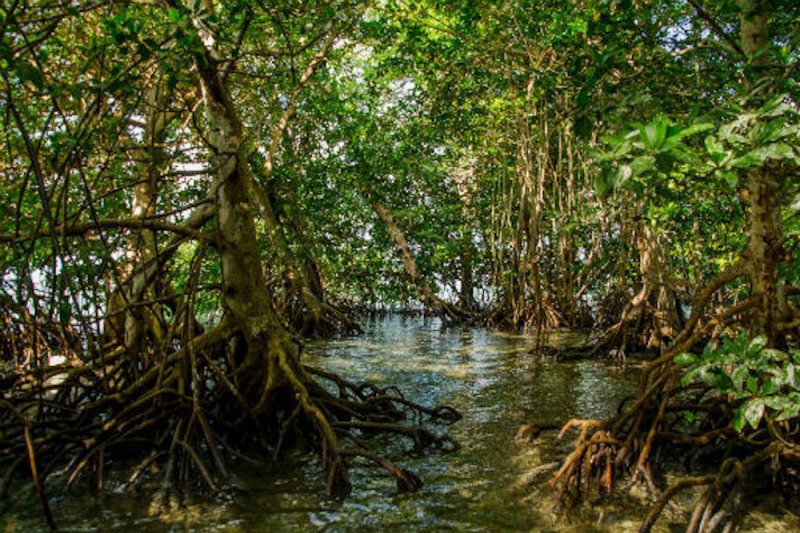June 6 (UPI) -- Mangroves are on the move in Florida. In recent years, the tropical trees have expanded northward as hard winter freezes along Florida's coastline become rarer.
The trees are turning salt marshes into mangrove swamps, and new research suggests the transformation offers vulnerable coastline a variety of ecological benefits.















